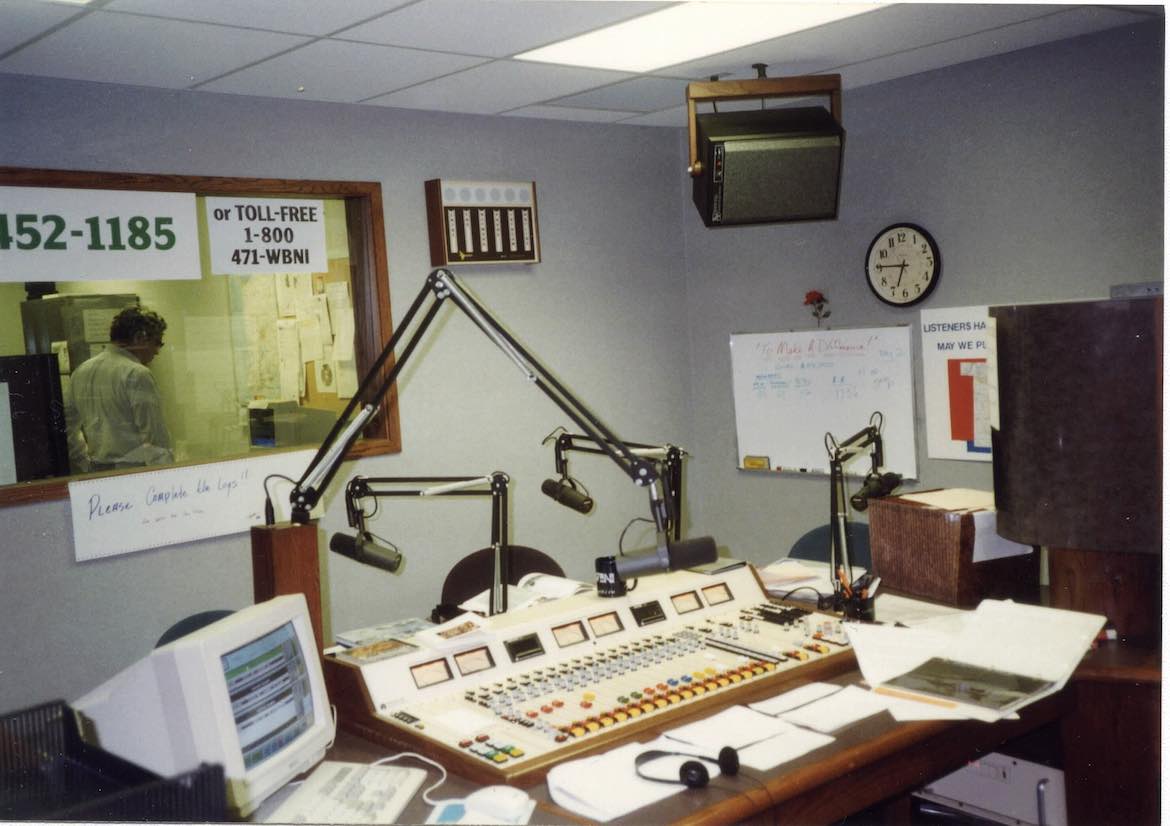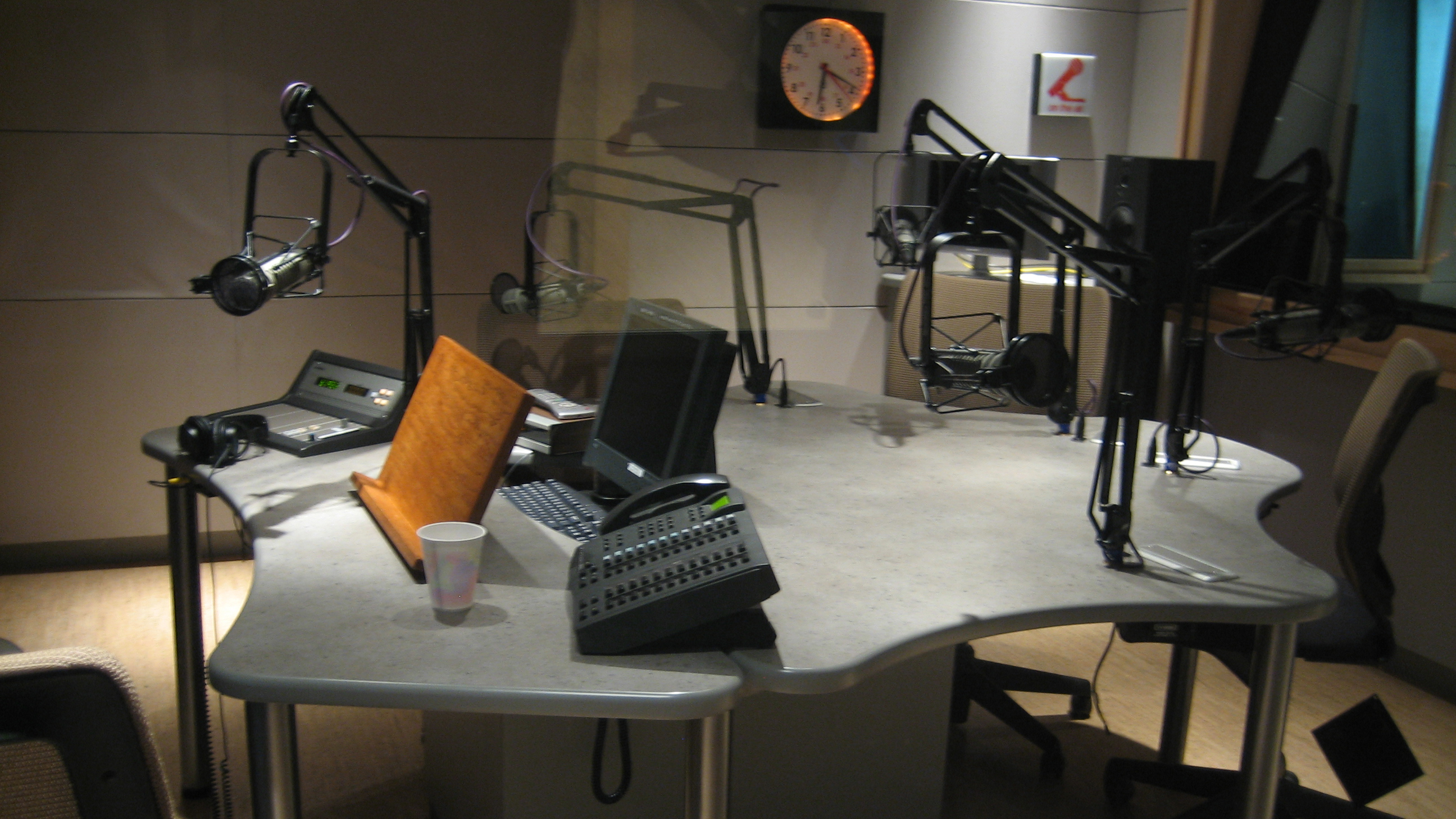Author: Doug Halonen
FCC proposal to allow sales of EBS spectrum gets thumbs-down from public TV
Representatives of stations told FCC officials that allowing sales of the educational spectrum could create a "hostile leasing environment."By Doug Halonen, Freelance ContributorMarch 18, 2019FCC draft plan for repack aid turns down PBS request, favors assistance to TV stations
The commission declined to reimburse wireless provider T-Mobile and left reimbursing radio stations a lower priority.By Doug Halonen, Freelance ContributorMarch 8, 2019In FCC comments, NPR backs industry plan for reallocating satellite spectrum
NPR said the proposal by the C-Band Alliance "offers a workable, if yet unproven option" for resolving the matter.By Doug Halonen, Freelance ContributorOctober 30, 2018Satellite companies propose repacking C-band spectrum to enable sales
NPR has urged the FCC to protect public broadcasters using the spectrum to distribute programming.By Doug Halonen, Freelance ContributorOctober 2, 2018NPR urges FCC to provide ‘full reimbursement’ for radio stations affected by repack
Local stations "have limited financial and operational resources to absorb the impact of the TV repack," NPR said in FCC comments.By Doug Halonen, Freelance ContributorSeptember 28, 2018Pubcasters may benefit from potential FCC changes to use of educational spectrum
The commission is considering rule changes that could give educational institutions and some public broadcasters more flexibility to make money from frequencies ...By Doug Halonen, Freelance ContributorMay 16, 2018NPR opposes FCC proposal to expand use of C-band satellite spectrum
The network has told the FCC that the plan could interfere with delivery of public radio programs to stations.By Doug Halonen, Freelance ContributorMay 8, 2018Pubcasting orgs decline to support request for ATSC 3.0 must-carry rules
PBS, CPB and American's Public Television Stations said in an FCC filing that they recognize the commission is "not inclined" to back ...By Doug Halonen, Freelance ContributorMarch 27, 2018Public TV urges FCC to exempt stations from ATSC 3.0 simulcasting rules
TV broadcasters want the FCC to allow them to use vacant channels for the simulcasts required during ATSC 3.0 rollout.By Doug Halonen, Freelance ContributorFebruary 28, 2018San Francisco’s KMTP pursues channel-share agreement to stay on air
The Minority Television Project is in talks with Poquito Mas Communications LLC.By Doug Halonen, Freelance ContributorFebruary 23, 2018San Francisco station appeals FCC decision threatening its satellite carriage
KMTP used the wrong kind of mail service to submit a request, violating a rule that public broadcasters are asking the FCC ...By Doug Halonen, Freelance ContributorFebruary 22, 2018Pubcasting coalition withdraws request for relief from EEO reporting
In joint comments filed with the FCC, pubcasters had asked for a review of "unnecessarily burdensome" rules on recruitment and hiring practices ...By Doug Halonen, Freelance ContributorFebruary 12, 2018Pubcasters ask FCC for relief on ATSC broadcast rule
PBS, CPB and APTS argue that for many stations, following the rule is "physically impossible."By Doug Halonen, Freelance ContributorJanuary 18, 2018FCC Republicans strike down studio rule that had mixed support from pubmedia
While NPR and others argued the rule was burdensome, some college and community broadcasters argued for its preservation.By Doug Halonen, Freelance ContributorOctober 24, 2017FCC moves to drop regulations on broadcasters’ main studio operations
Public broadcasters agree with FCC Chairman Ajit Pai that rules intended to ensure public access to local stations have become "outdated and ...By Doug Halonen, Freelance ContributorMay 24, 2017






